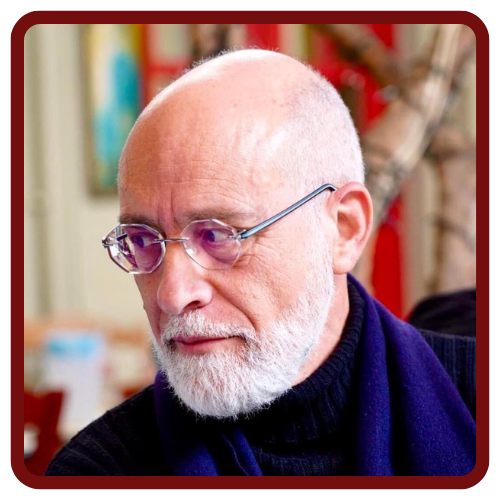THE USE OF SOCIODRAMA IN A PARTICIPATORY, MULTIMODAL, EXPERIENTIAL STUDY OF SOCIAL ISSUES
PRESENTERS: PHILIA ISSARI – GEORGIOS CHANIOTIS – KATERINA LIOLIOU
DATE AND TIME: 29th of June, Saturday 9:00-9:50
CONFERENCE TOPIC: Sociodrama and different social groups – the strenghts of communities
TYPE: Presentation
ROOM:
NUMBER OF PARTICIPANTS: Any
TAGS: Different Social Groups, June29 Morning
ABSTRACT:
This presentation describes the way sociodrama was used in the context of an innovative transdisciplinary project entitled “Transition to 8: Bridging social issues, tech and contemporary art”, that applied multimodal methods for studying the impact of social issues on citizens and bridging them with technology and contemporary art.
Along with other participatory arts-based approaches, such as the use of social theatre (Saldaña, 2011), sociodrama has developed in recent years from an innovative method of qualitative analysis for social issues into a major transformative intervention for community development (Conrad & Sinner, 2015). In this study, we used sociodrama as an approach that is both inherently embodied and socially minded. Data generation took place in the context of six sociodrama sessions that is, two sessions per subject (environment, labour, migration), in which Eleusis residents were called upon to enact their perspectives, concerns and experiences regarding living in Eleusis on topics that were identified as central concerns for the local community. Each session lasted approximately one-and-a-half hours. The sessions were facilitated by two experienced sociodramatists, members of the research team, who introduced the rationale, the process and the activities of the sessions. In line with the researchers’ interest in multimodal research, the sessions were video- and audio-recorded. Biometric data via wearable sensor, resembling that of smart watches, measuring physiological signals affiliated with emotional arousal were obtained from the participants who felt comfortable wearing the devices.
Data from the sessions were provided to artists, in the form of sound, visual, biometric and verbal elements, which constitute sources of inspiration for their artistic productions. Examples from the research findings will be presented in a multimodal way.
ABOUT THE PRESENTERS:

Philia Issari is Associate Professor of Counseling Psychology and Founding Director of the Centre for Qualitative Research in Psychology and Psychosocial Well-being at the Department of Psychology, National and Kapodistrian University of Athens

Georgios CHANIOTIS: Sociodramatist-Psychodramatist,
Member of the International Committee on Advisors of the International Sociodrama Conference, Organizer of the 5th International Sociodrama Conference – Greece.

Katerina Lioliou: educator and psychodramatist.
Since 2009 she has coordinated training seminars for primary school teachers, psychodrama groups (Health Centre of the Municipality of Agioi Anargyroi etc.) and has taught in educational programmes (Roma training programme, addiction prevention programmes etc.). Her project “Psychodrama at school” was based on experiential work with primary school children during her employment in public education.






